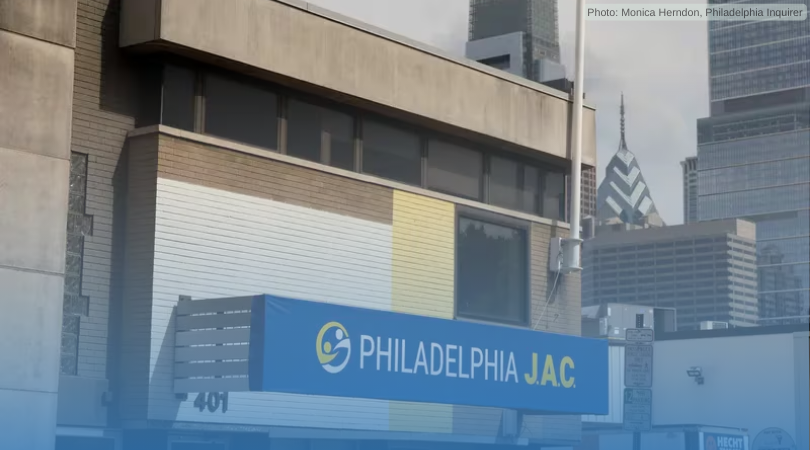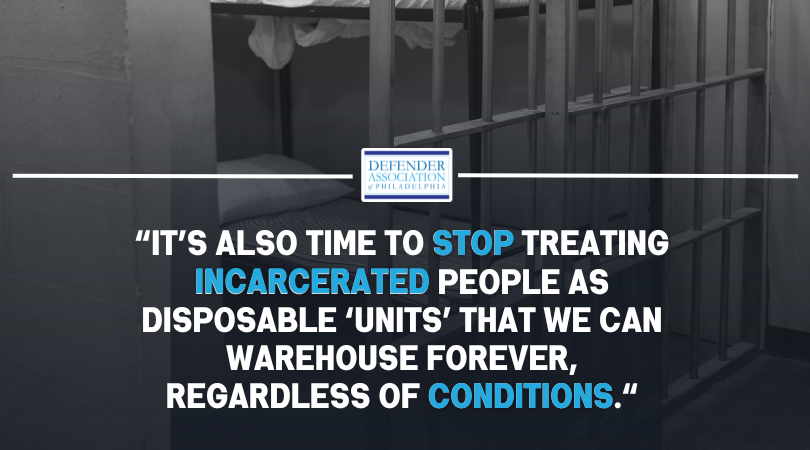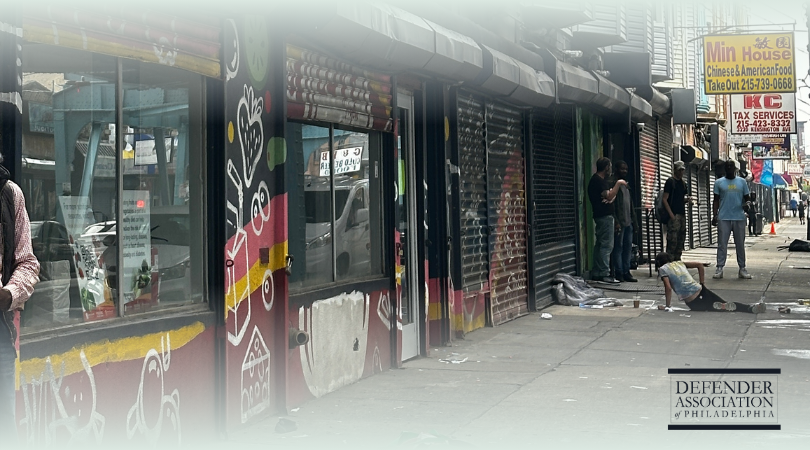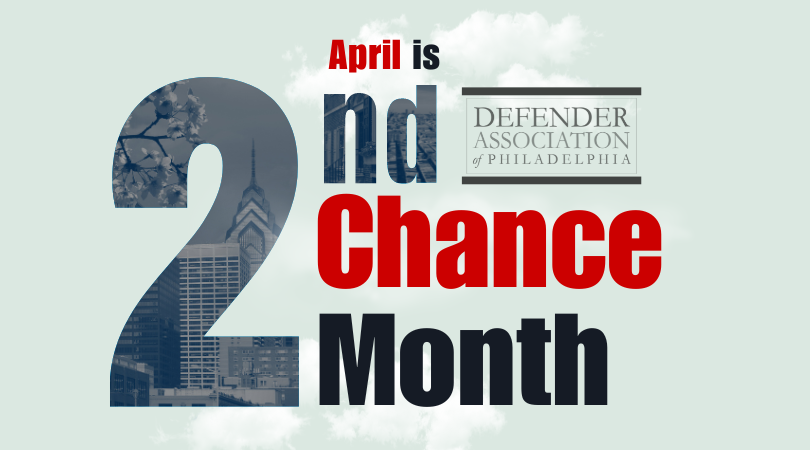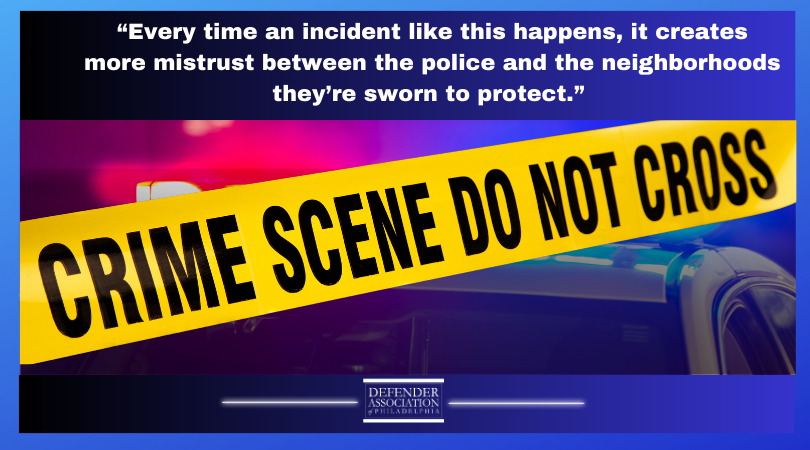PHILADELPHIA–“The Defender Association of Philadelphia is deeply concerned about the proposed plan to permanently close the Juvenile Justice Assessment Center (JAC). This decision represents a significant step backwards in our collective efforts to implement trauma-informed policies for our youth.
“By reverting to older methods, we risk exposing children to the traumatic experiences that come with traditional arrest processes. They will be handcuffed and held in facilities that are not designed for them, in the same buildings with adult arrestees. This environment is not only inappropriate but also harmful, as their primary interactions will be with law enforcement officers rather than trained youth advocates.
“Closing the JAC means that young people will likely face repeated–and unacceptable–violations of the 6-hour rule, which states that juveniles must not be held in police custody for more than six hours without being charged or released.
“The changes will impose additional training burdens on law enforcement, expecting them to fulfill roles outside their expertise. Creating an environment where families feel confident in accepting their child back home is crucial to preventing unnecessary stays in juvenile detention centers. Police officers, regardless of training, cannot replicate the expertise and approach of social workers dedicated to youth advocacy. They are ill-suited to handle the nuanced needs of young people and their families, including contacting family members, connecting them with community-based services, and ensuring safe transportation home from police stations.
“Philadelphia’s law enforcement has historically struggled to ensure uniform and equitable implementation of diversionary policies. This history casts doubt on the effectiveness and fairness of the proposed changes.
“The Defender Association was part of the collaborative stakeholder team during the JAC planning process. However, we have not been included in discussions regarding decentralization, offense review processes, or the potential shift of community connections and resources to DHS-sponsored programs.
“We urge city officials to reconsider these changes. We must prioritize trauma-informed practices and the involvement of experienced social workers to truly support our youth and their families.”
# # #
